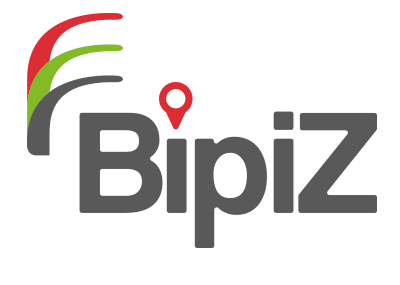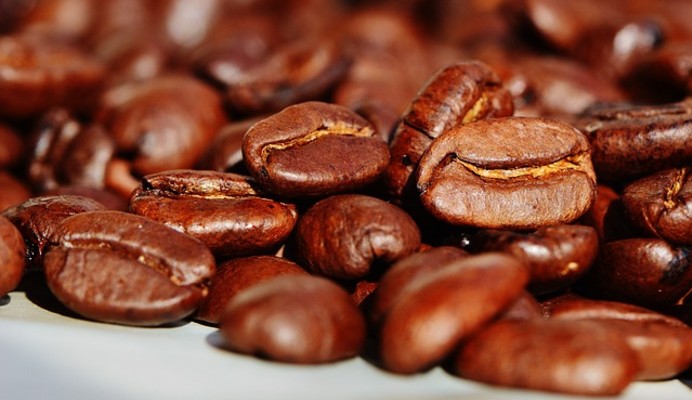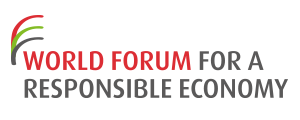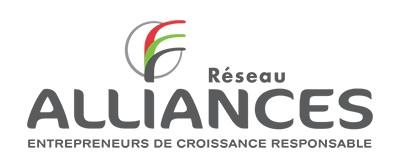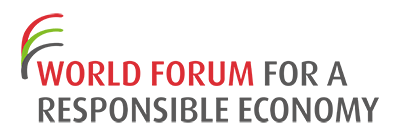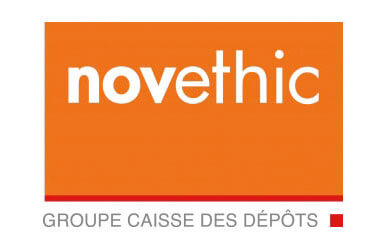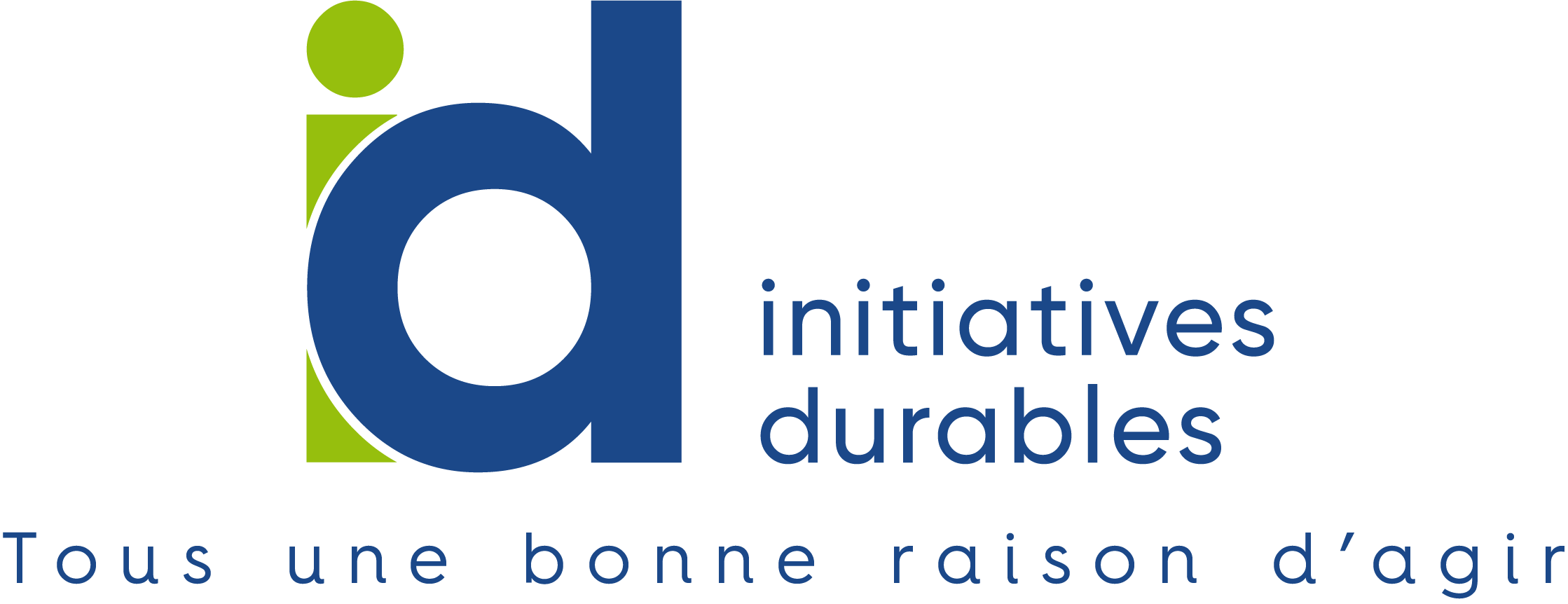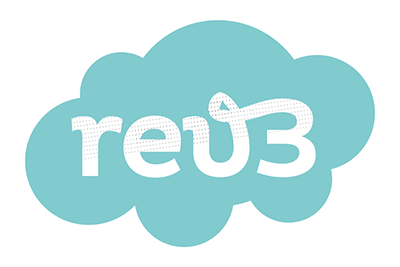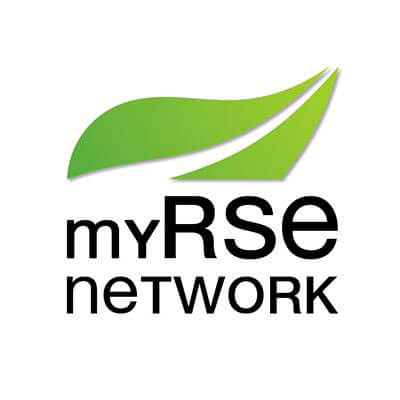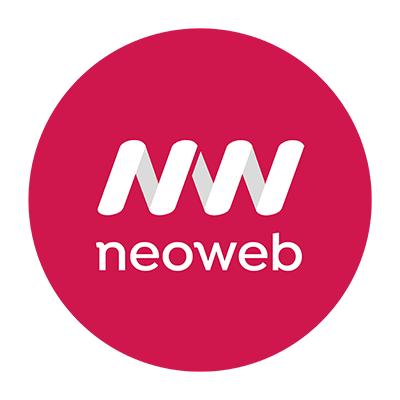In 1993, Figaro started as a non-government organization of seven friends who wanted to share their passion for brewing, tasting and experimenting with many varieties of coffee from around the globe. Their hobby turned into a business and now the firm currently ranks as the No. 1 Filipino coffee company to date with its primary aim to help local coffee farmers in the country by engaging them in contract farming and introducing organic coffee farming.
Coffee growing became so profitable for the country that the Philippines became the fourth largest coffee-producing nation in the 19th century. At that time, the country was exporting more than US$150 million worth of coffee worldwide. Coffee enjoyed immense popularity as the crop of choice but the euphoria was cut short by "Coffee Rust," a blight or infestation, which virtually wiped out the Philippine coffee industry. Unable to keep up with worldwide demand, Latin American countries eventually took over, and have since retained their stronghold on the global coffee market.
Figaro has been at the forefront of helping the local coffee industry, and putting the country back on the map of the world's top coffee producing nations. “Save the Barako,” is one of Figaro’s main campaigns and was established to boost production of this nearly extinct coffee bean and provide aid to the country’s last remaining local coffee growers.
